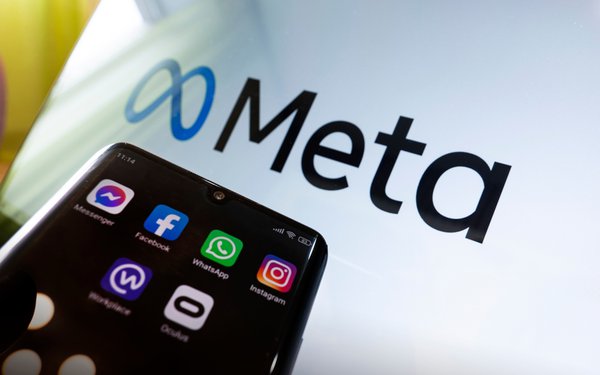
Meta will downsize as it freezes hiring and reorganizes its
teams, CEO Mark Zuckerberg confirmed to employees in a weekly Q&A session held on Thursday.
Meta will end the year as a “somewhat smaller” organization, the CEO
said, according to a Bloombergreport based on a source who
attended the event.
“For the first 18 years of the company, we basically grew quickly basically every year, and then more recently our revenue has been flat to slightly down for the
first time,” Zuckerberg reportedly told staff. "I had hoped the economy would have more clearly stabilized by now, but from what we're seeing it doesn't yet seem like it has, so we want to plan
somewhat conservatively."
advertisement
advertisement
The company plans to reduce the budgets for most teams, and leave it up to the teams to decide how to deal with staff cuts —with possibilities including
shifting staff among teams, not filling slots when staff leave, or “managing out” staff “who aren’t succeeding,” the CEO reportedly said.
Meta did not
respond to Bloomberg’s report, but noted that Zuckerberg had indicated during the company’s fiscal Q2 earnings call in July that headcount growth would be slowed and some teams
would “shrink” so as to reallocate resources.
Q2 marked the company’s first quarter of revenue decline since its founding, as Facebook, in 2024, and
followed the first decline in Facebook users, reported in Q4 2021. At the time, Zuckerberg also acknowledged that it would need to slow the pace of its investments in the metaverse — the
foundation of its plan for the future.
The slowdown reflects mounting competition from TikTok, the impacts of Apple’s iOS privacy changes on Meta platforms’ ad targeting abilities,
and advertising cutbacks driven by concerns about the economy and consumer spending.
Since July, Meta has slowed hiring for some management jobs. And earlier this month, The Wall Street Journal reported that the company had
begun “quietly nudging out” a significant number of staff as part of a planned overall cost cut of at least 10%.
Meta is not alone. The tech sector slowdown caused Twitter to
freeze hiring as of May, Snap Inc. to cut its headcount by 20% in August, and Google to slow hiring for this year’s second half, as Bloomberg notes.